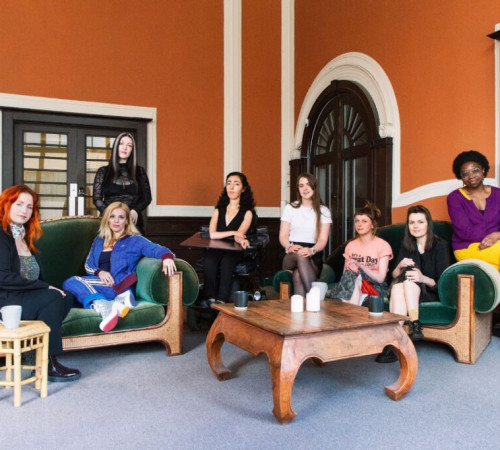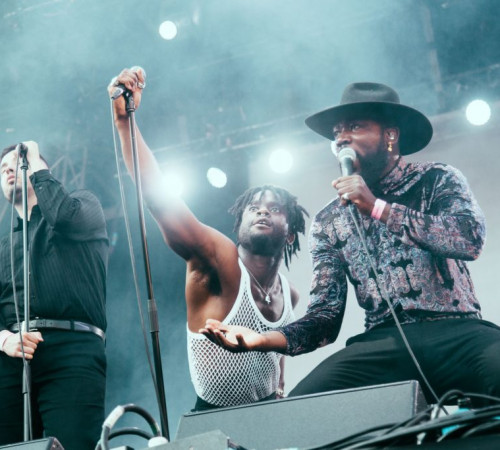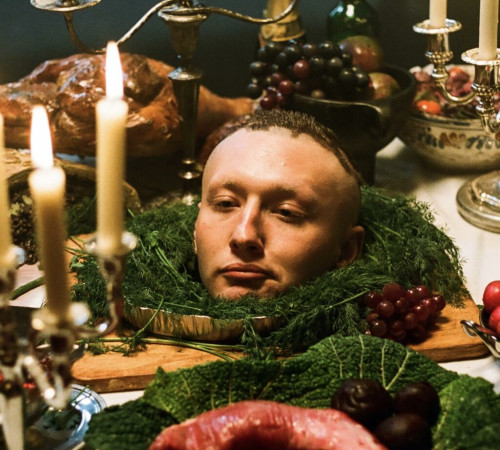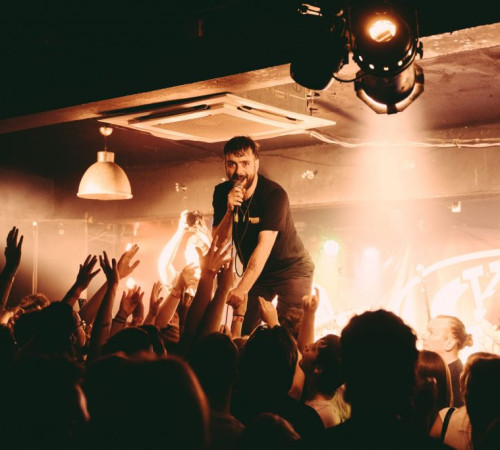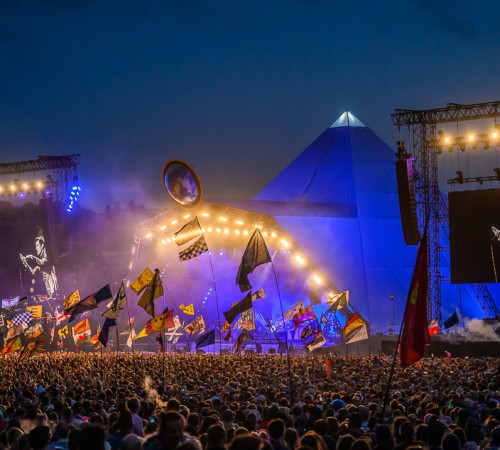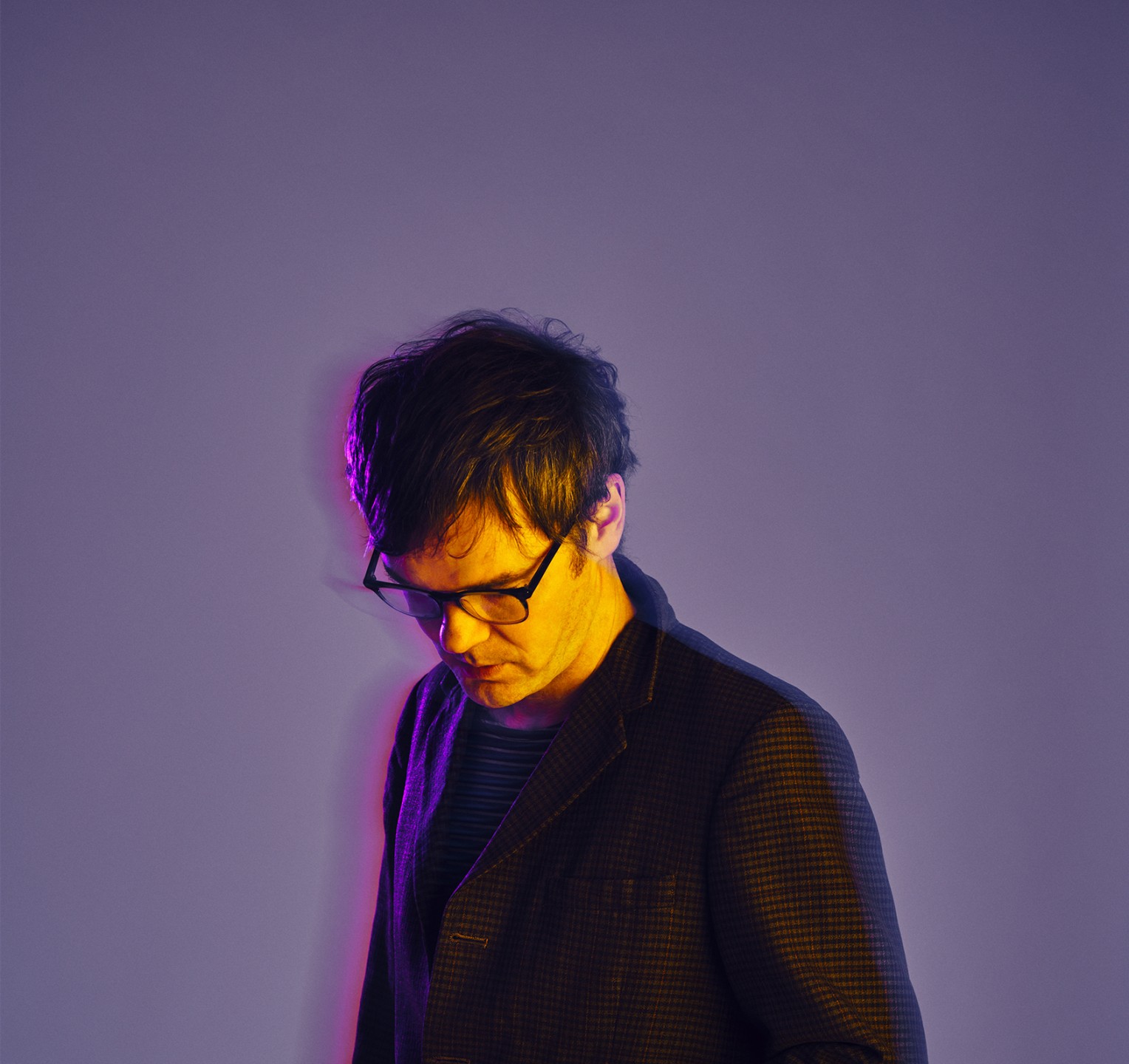
AFTER treating us to ‘Lo Soul’ a few weeks ago, Idlewild’s Roddy Woomble is back with the sunny ‘Architecture in LA’.
The singer-songwriter continues to push his sound into intriguing new territories with this airy slice of dream-pop. Showing off his experimental side, there’s a lysergic feel to the song that emanates from the understated brass and psychedelic keys. Like the soundtrack to a weird, dreamy summer, it’s one that will transport you to sunnier climes.
Written and recorded in the Hebrides with Andrew Mitchell (aka Andrew Wasylyk) on production and backing vocalist Jill O’Sullivan (aka Jill Lorean) Roddy says of the song “I’ve been fascinated by the design and Architecture of Los Angeles for a long time. I’m fascinated by the city in general, the history of Hollywood and the film industry. I read a book about the design and architecture of LA in lockdown around the same time as America was in the news a lot. Watching footage of the protests marching down the big wide boulevards of LA past all these familiar landmarks and buildings I was struck by how buildings connect us through time. They provide the backdrop to our actions, whatever they are.
There is no linear thought process to the words of ‘Architecture in LA’ – phrases like ‘collective melancholy’ and ‘cash-point technology’ sit alongside statements like ‘material dreams won’t set you free’ and references like Epistemology and the American Mercury car. The ‘minimal city’ is literally a city that has been emptied – like all the footage we saw of cities around the world during lockdown. Empty streets, no people and closed up shops and bars. It looked wrong, but eerily calming.
I wanted the song to sound optimistic, to contain some sort of sunshine. In my mind the architecture of LA is how I imagine summer, it captures it somehow. A permanent, weird summer.”
‘Architecture in LA’ is the latest single to be released from Roody Wooble’s upcoming album ‘Lo! Soul’, out for digital release on 21st May.
Watch the suitably psychedelic video below.
Photo by Euan Robertson



